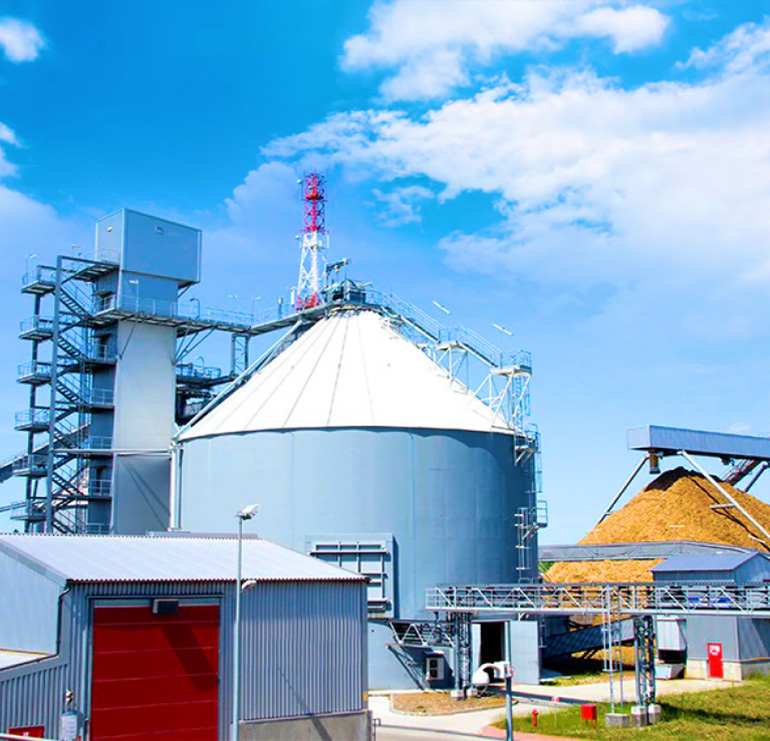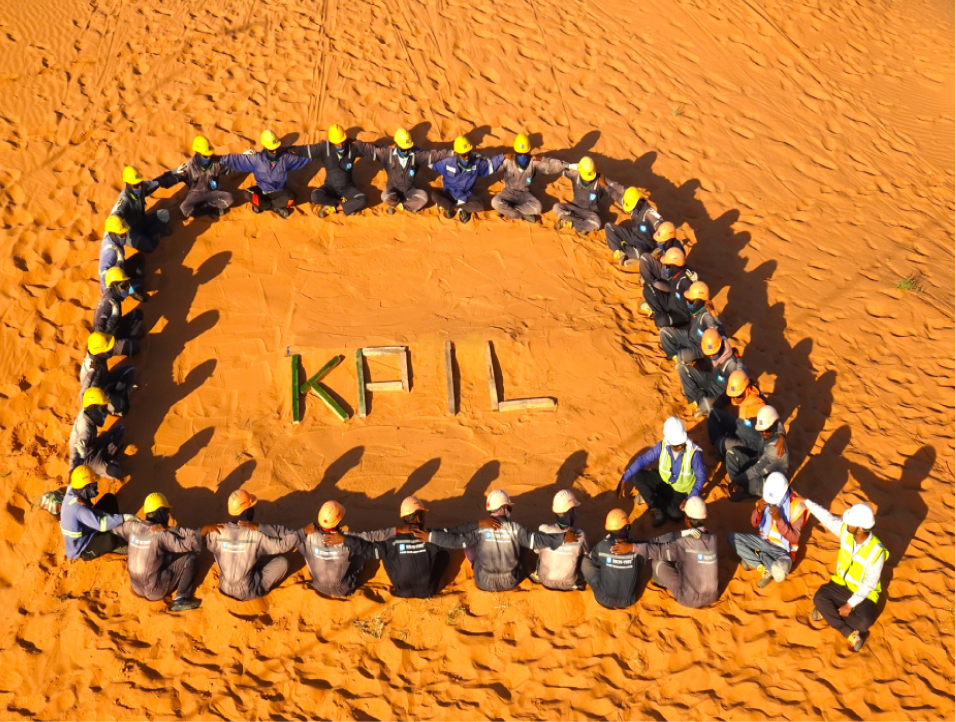Padampur Biomass Plant
KPIL has set up a Biomass plant at Padampur in the Ganganagar district of Rajasthan in 2003. This plant uses agricultural crop residues & forestry wastes (biomass) as inputs and generates 7.8 MW of power.

Biomass Power Plants are an integral of inclusive development at KPIL as these projects generate rural employment as well as contribute positively to a greener environment by converting waste materials into clean energy and stable grid in the rural areas.
Since then, both plants have so far generated 182 Cr. Units, at 80 % PLF, consuming 25 Lac MT of biomass and have generated Revenue of Rs.1014 Crores.
Both Plants have logistics infrastructure to collect approx. 180,000 MTs of Biomass every year. The Company has paid 518 Crores so far to the farmers of both plant areas against biomass purchase, adding additional income to their livelihood.

